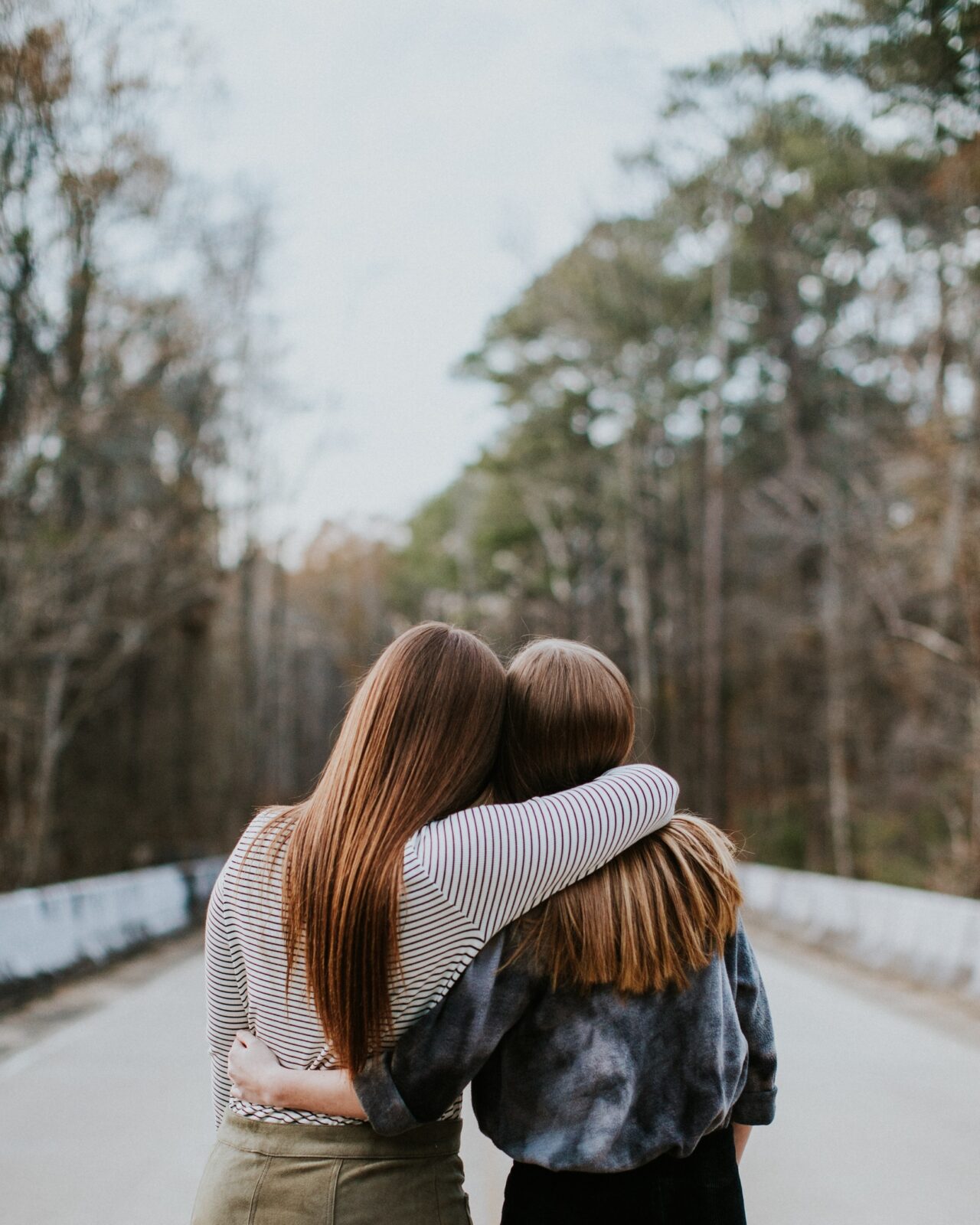When You Want to Be Closer Than They Do | Part Three
This is Part Three of a seven-part series published over seven consecutive weeks.
At any point in time, some of our friends desire to be closer to us and some wish for more distance. The irony of craving for less social distance from specific friends is that there are other friends who desire the same from us whom we routinely ignore.
They Want to Be Closer, They Want to Be Closer Not
Instead of continually playing a role in this food chain where reduced social distance is the coveted gourmet meal, you can make the decision to step off the hamster wheel of incessant striving for unreciprocated closeness and open your eyes to those people who, right here and now, are making the effort to spend time with you.
The others, if they are true friends, will eventually come around. If they don’t, the friendship was not much more than a mental construction you needed to cling to in order to feel less lonely in this vast, at times overwhelming world.
You can find solace in acknowledging that the social distance between two people—whether they are friends, family members or intimate partners—is a continually evolving variable that their interaction influences in each and every moment.
Allow Others Their Freedom
The more we treat other people with kindness while also non-judgmentally allowing them their freedom, the more they wish to be close to us.
The more we attempt to keep others under our wing to quench our insatiable need for reassurance that we are not alone in this world, on the other hand, the further we push them away.
We did not, it turns out, set foot on this earth to accumulate people or objects. Many of us spend our lives attempting to make as much money as we can, guided by the principle of putting Number One first. This approach is misguided. Our primary motivation is, surprisingly for some, to connect with and be there for others.
Put simply, our cardinal purpose on this planet is not material gain, but to experience love and share it with others.
To progress in this endeavor, it is imperative that we accept others as they are and allow them to be free human beings: in other words, to offer them precisely what we desire for ourselves.
To do so—despite how appealing it may be—we cannot insist on a specific level of closeness that they must maintain with respect to us.
Not Too Close, Not Too Far Please
All may not be fair in love and war, but one inescapable reality of life is that we as human beings each have distinct needs for social distance from others. Sometimes, we do not want to be too close to another person as we feel it threatens our autonomy and independence.
Neither do we want to be too distant from the other person, as we are also subconsciously aware—as Florida State University social psychologist Roy Baumeister has found—that we need to form groups to survive.
As Sarah Wright and I discovered in a study on loneliness that we published in the journal Human Relations, the cause of friction in relationships is the gap between your desired social distance and the actual social distance at any given point in time.
The juxtaposition of desired and actual social distance leads to three ever-fluctuating states of any given relationship.
When you desire less social distance than the other person, the result is what we call “relational deficiency,” which induces loneliness. In practical terms, you want to be closer than they do. As a consequence, you feel lonely.
When you desire more social distance than they do, on the other hand, the outcome is what we refer to as “relational encroachment.” What does this lead to? A feeling not of loneliness, but intrusion. Their social overtures are too close for comfort. You want them to back off.
The third and final state that relationships enter occurs when your desired social distance and the actual social distance in the relationship are equal. In other words, you want to be as close to them as they do to you. The result? You feel a sense of relational satisfaction. The relationship rests in a state of equilibrium.
This is the state many of us (rightfully) spend our lives seeking. When we experience it, the words of C.S. Lewis become our reality: “Friendship is born at that moment when one person says to another: ‘What! You too? I thought I was the only one.’”
We experience the ineffable, elusive contentment of full reciprocation. We feel love and we feel loved. When we reach this state in a relationship, we want to sing, shout, dance and carry on. Life is good.
Have you felt off-balance in any of your relationships? How did it change your dynamic?




